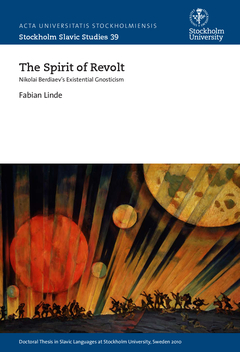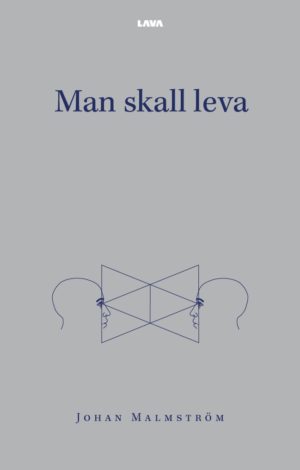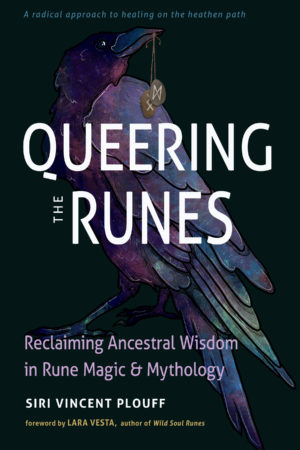This is a study of the Russian religious philosopher Nikolai Berdiaev (1874-1948). Although practically forgotten in the West, Berdiaev is remembered in his country of origin as one of those brilliant and inspired proponents of the Orthodox revival that took place at the beginning of the 20th century, and also as a critic of Marxism. The aim of the thesis is to re-examine the alleged gnostic subtext in Berdiaev's thought by exploring a number of interrelated motifs in his world outlook, teaching on man and theory of knowledge. An interpretive framework, based on Hans Jonas's phenomenological elucidation of ancient Gnosticism, is used to investigate the topic. The results of the study suggest both affinities and divergences in the relationship between Berdiaev's thought and the framework used. It is argued that a suggestive affinity exists between Berdiaev's thought and ancient Gnosticism in the shared existential attitude towards self and world.







